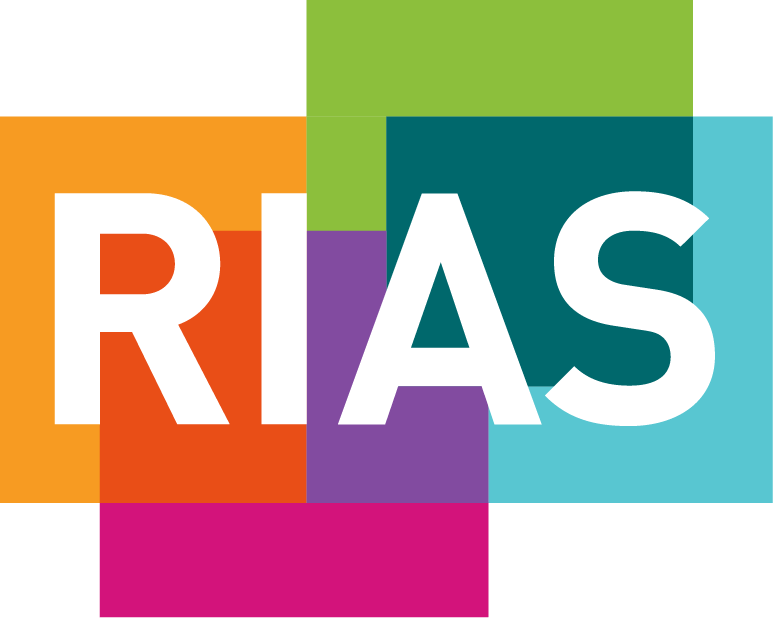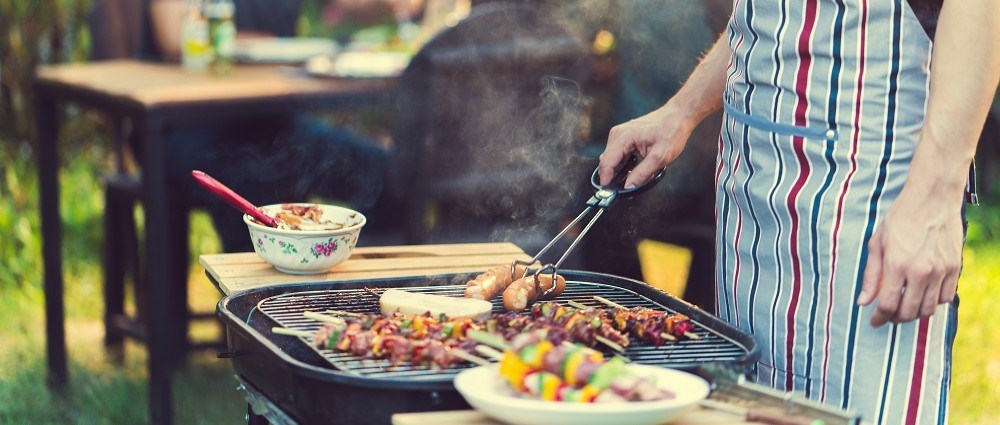Keep your home safe from fire
As people spend more time in their homes, fire fighters are warning of the importance of fire safety[1].
Fire services across the UK have reported an increase in 999 calls to fires in gardens caused by increasing numbers of bonfires[2] and barbeques[3]. They are also warning of the increased risk of fires in the home from common causes such as cooking, smoking, and heating as people spend more time indoors than usual[4].
Similarly, if people who don’t usually work from home set up temporary offices, it can lead to more electrical fires, as people overload plug sockets, extension leads and adaptors[5].
There are some simple things everyone can do to help reduce the risk of fire:
Check your alarms
First of all, remember to check your smoke alarms are working properly. This is even more important if you are feeling unwell and potentially less able to react or escape from a fire.
Smoking and vaping
Someone dies in a home fire started by a cigarette every six days in the UK[6], and when people are restricted to their home, they may find themselves smoking more often. When you finish a cigarette, put it out properly in an ashtray.
Cooking
You may be doing more cooking at home, possibly with children running around and distracting you. So take extra care, including keeping kids out of the kitchen when you’re cooking. Also, if you need to leave the kitchen whilst cooking, take pans off the heat or turn them down.
Candles and naked flames
Spending more time at home might mean that you want to make it cosy with candles but these can be a fire risk. Put candles in a holder and keep them away from things that may burn, such as curtains and papers.
Electrics
With more people working from home, and children using digital devices, you might struggle to find a spare plug socket. But remember if you put too many plugs in one socket, it can start a fire; the safest thing is to put one plug in each socket, where possible[7]. Also be careful to use the right chargers for each device and avoid counterfeit ones.
Escape routes
Think about how you would leave your home if there was a fire, bearing in mind it might happen in the middle of the night.
Planning an escape route is always important, but particularly so right now when you could have extra clutter- whether it’s toys, groceries or cardboard boxes - blocking your escape.
Sky lanterns
Releasing sky lanterns has become a popular way of celebrating the great work the NHS is doing. But fire services warn that they pose a fire risk to countryside and property and can also harm wildlife[8].
Bedtime check
Many fires happen at night, when most people are sleeping. You can further reduce the risk in your house by carrying out some simple checks before you go to bed, including:
- Close inside doors at night to stop a fire from spreading
- Turn off heaters and electrical appliances, including your cooker and washing machine. Of course, certain items such as your freezer can be left running
- If you’ve used an open fire, put up a fireguard
- Put candles and cigarettes out properly
- Make sure exits are kept clear and keep door and window keys easily accessible where everyone can find them
Barbeques and bonfires
Keep barbeques well away from fences, foliage and buildings. Also, don’t leave them unattended, keep a bucket of water or hosepipe nearby in case of emergency, and put them down fully once you’re done.
Local councils are advising that bonfires should be avoided altogether during the COVID-19 pandemic. Once this advice is no longer in place, please bear in mind that you should still keep bonfires to a manageable size and have the means to put them out safely and quickly, if you need to. A fine of up to £5,000 can be applied when bonfires become a ‘nuisance’ and a neighbour reports them to the local council.
Rubbish
If you have too much flammable waste to fit in your bins – perhaps because rubbish collections aren’t running as normal in your area – then this could present a fire risk[9]. So put any excess cardboard, wood, or packaging in a safe, locked location such as a garage or shed.
These steps are a good start to keep your home and family safe from fire, but for more detailed guidance see this guide from the London Fire Brigade.
[1] https://www.firescotland.gov.uk/your-safety/for-householders/home-fire-safety-visit.aspx
[2] https://www.cheshirefire.gov.uk/news-events/latest-news/firefighters-urge-people-to-take-responsibility-this-easter
[3] https://www.kent.fire-uk.org/news/news-releases/april-2020/rise-in-bonfire-999-calls-linked-to-covid-19-isolation/
[4] https://www.london-fire.gov.uk/news/2020-news/march/fire-safety-warning-as-millions-work-from-home-to-stem-spread-of-covid-19/
[5] https://www.london-fire.gov.uk/news/2020-news/march/fire-safety-warning-as-millions-work-from-home-to-stem-spread-of-covid-19/
[6] https://assets.publishing.service.gov.uk/government/uploads/system/uploads/attachment_data/file/475169/Fire-Make-your-home-safe-Easy-read.pdf
[7] https://assets.publishing.service.gov.uk/government/uploads/system/uploads/attachment_data/file/475169/Fire-Make-your-home-safe-Easy-read.pdf
[8] https://www.firescotland.gov.uk/news-campaigns/news/2020/04/scottish-public-urged-not-to-light-fire-risk-sky-lanterns.aspx
[9] https://www.firescotland.gov.uk/news-campaigns/news/2020/04/fire-risk-warning-over-reduced-refuse-and-rubbish-collections.aspx

